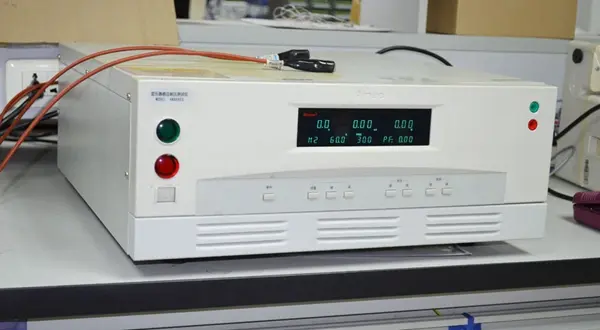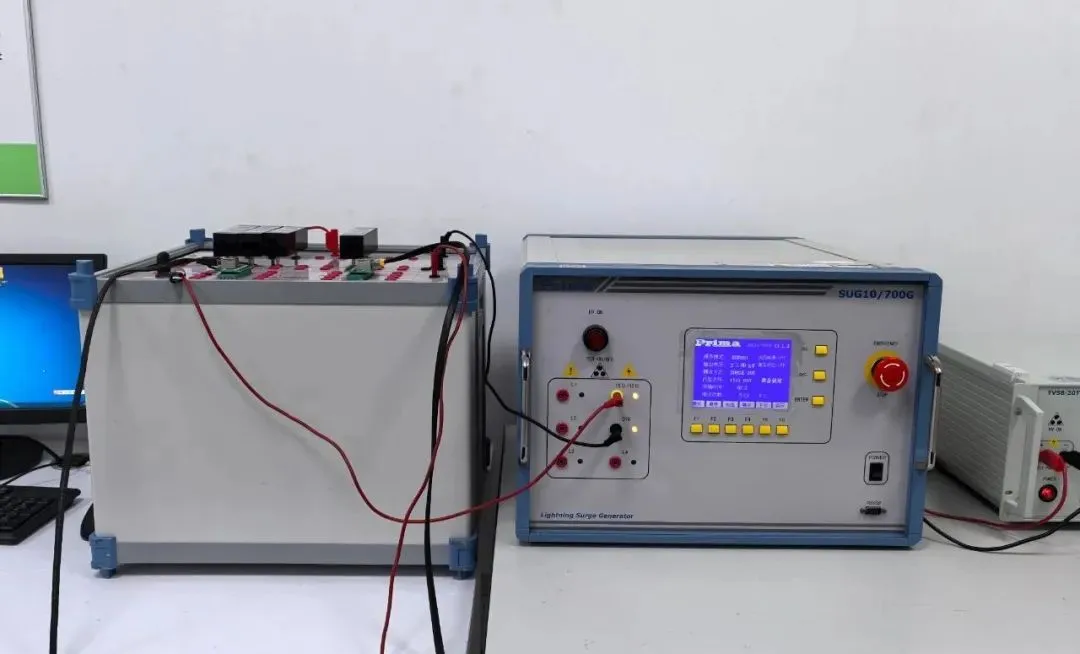
US DOE Energy Efficiency Certification
What materials are needed to apply for the US DOE energy efficiency certification? The Department of Energy, abbreviated as "DOE," is the fULl name of the US Department of Energy. The energy efficiency certification issued by DOE, known as DOE certification, is based on relevant US electronics and electrical regulations. DOE has requiRED mandatory compliance with US energy efficiency standards since July 1, 2011.

Level IV standards were enforced starting in February 2016 with the mandatory requirement to meet Level VI standards. Certification requires online registration and verification on the official website. External power supplies like power adapters, switch-mode power supplies, and chargers, as efficient and energy-saving power products, are included in this certification plan.
DOE Certified Product Categories:
- Battery Chargers: Includes products with small-capacity batteries such as Bluetooth headsets, Bluetooth speakers, fitness bands, mobile phones, tablets, in-car DVD players, MP3 players, MP4 players, etc.
- External Power Supplies: Includes chargers for commonly used devices like phones and tablets. Currently, DOE mandates that power adapters meet Level VI energy efficiency standards.
Common DOE Certification Standards:
- External Power Supplies (EPS): 10 CFR 430, Subpart B, Appendix Z.
- Battery Charging Systems (BCS): 10 CFR 430, Subpart B, Appendix Y.
DOE Certification Process:
1. Provide sample products for testing (at least 2 units).
2. Laboratory testing.
3. Issue a report after passing the test.
4. The laboratory arranges registration (requires information on the US importer or US manufacturer).
Materials Needed for DOE Certification:
1. Samples.
2. Product technical documentation.
3. Product label.
4. Certification application form, etc.
Email:hello@jjrlab.com
Write your message here and send it to us
 Global Certification Guide for Lithium Batteries
Global Certification Guide for Lithium Batteries
 Compliance of Amazon 18650 Lithium Battery Product
Compliance of Amazon 18650 Lithium Battery Product
 What is CE Certification and EU Authorized Represe
What is CE Certification and EU Authorized Represe
 What Are the Lithium Battery Safety Tests?
What Are the Lithium Battery Safety Tests?
 What is the EN 61326-2-3 Standard?
What is the EN 61326-2-3 Standard?
 Why Do Smart Sockets Need IEC 60884 Certification?
Why Do Smart Sockets Need IEC 60884 Certification?
 Why Retest the Device if the 5G Module Already Has
Why Retest the Device if the 5G Module Already Has
 Overview of IEC 62087 Test Standard
Overview of IEC 62087 Test Standard
Leave us a message
24-hour online customer service at any time to respond, so that you worry!




